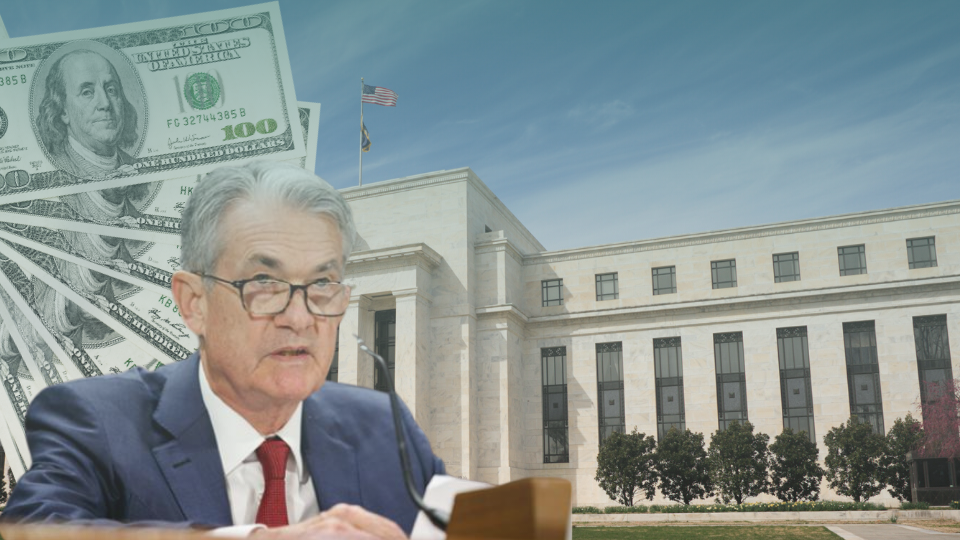On Wednesday, June 10, the American Central Bank announced its forecast for a slow economic recovery from the recession caused by the outbreak of the COVID-19 virus. Yet, the near-zero interest rates did not change much.
With the official Fed announcement of the first economic projections earlier this year, the unemployment rate was expected at 9.3% by the end of 2020, and was said to stay at the same level for the following years.
Fed chair, Jerome H. Powell said at a news conference, following the release of the forecast, “nearly 20 million jobs have been lost on net since February”. The downturn has not fallen equally on all Americans.”
The latest predictions indicate a more modest return to economic strength than the Trump administration initially explained. The Fed did not announce its quarterly economic summary in March, as business activity came to a near impasse due to the nationwide lockdowns.
Senior macroeconomist at MacKay Shields, Steven Friedman, shared that: “The projections highlight what a long slog the recovery will be.”
Additionally, the Fed will continue acquiring government-backed debt “at least at the current pace”, supporting smooth market functioning; it “will closely monitor developments and is prepared to adjust its plans as appropriate.”
During Powell’s statement at the Fed, the chairman said “whatever we can, and for as long as it takes” to support the recovery and “limit lasting damage” to the country’s economy.
Following the announcement of the Fed’s economic outlook, stock futures fell as investors took in the latest coronavirus developments.
Dow Jones Industrial Average futures fell by 450 points. S&P 500 and the Nasdaq 100 futures also began with a losing pattern during Thursday’s market opening. Meanwhile, the Nasdaq Composite climbed 0.7%, reaching a record closing high of 10,020.35.
According to Charlie Ripley, senior investment strategist at Allianz Investment Management, “the Fed understands we are just in the beginning phases of the economic recovery and making rash changes to policy or forward guidance is premature at this time”.



